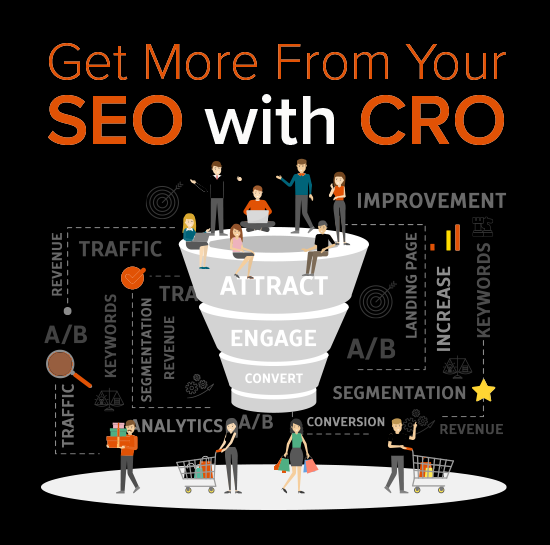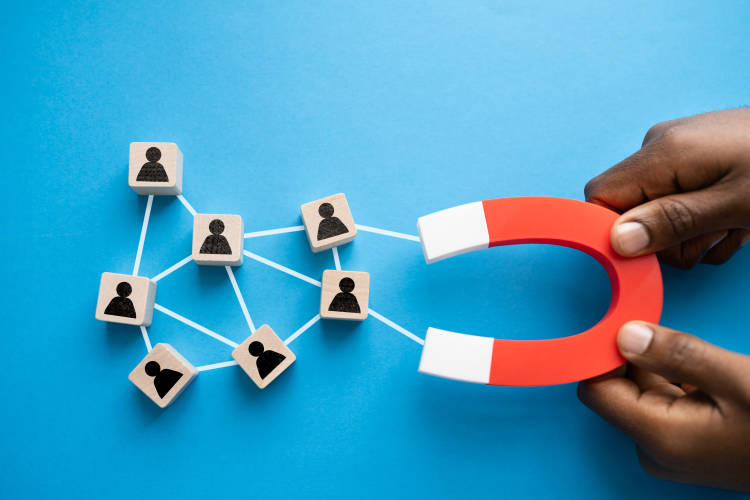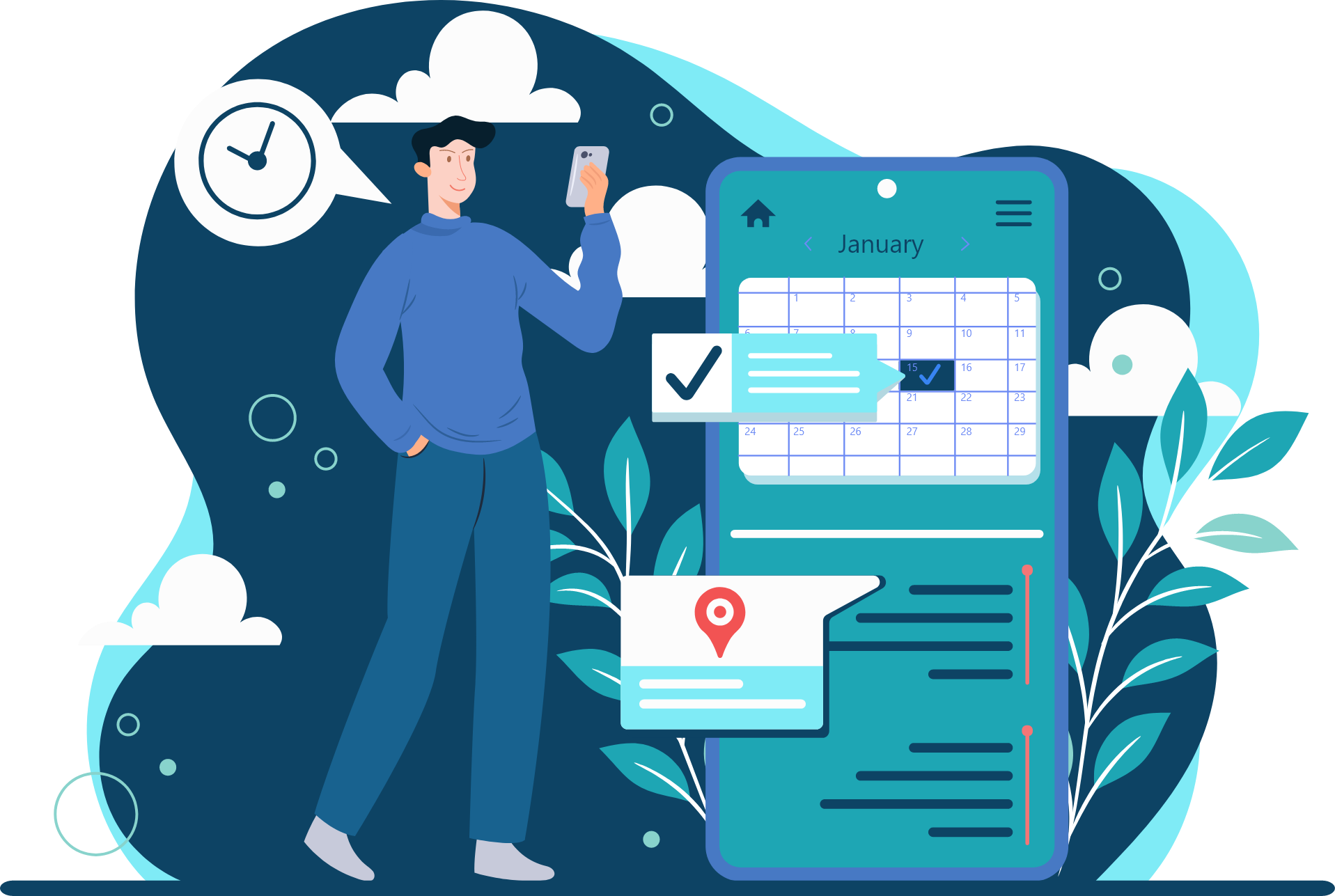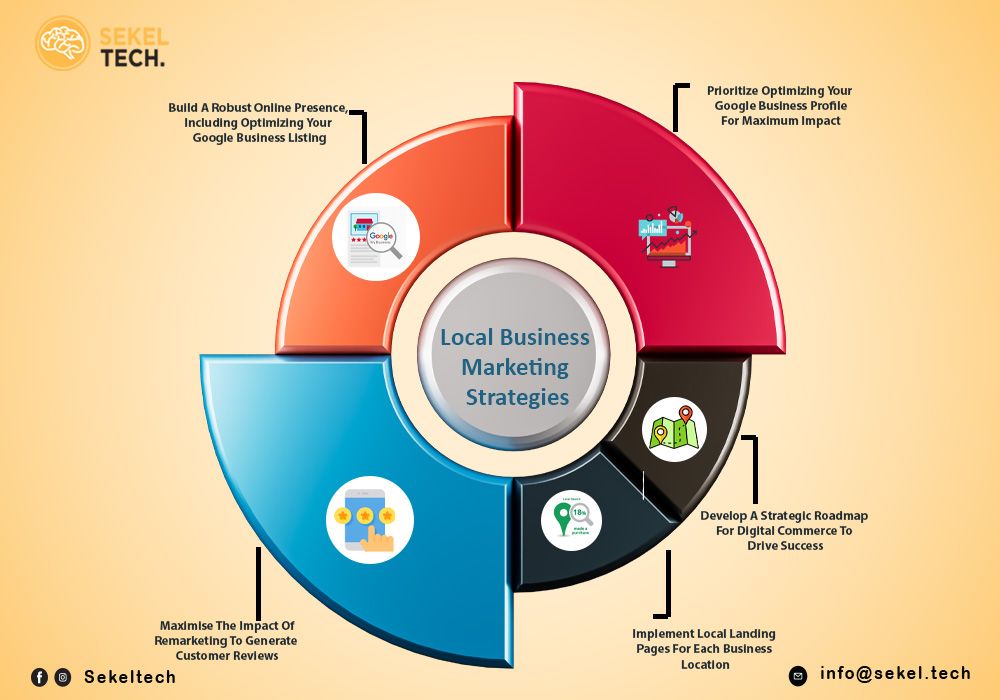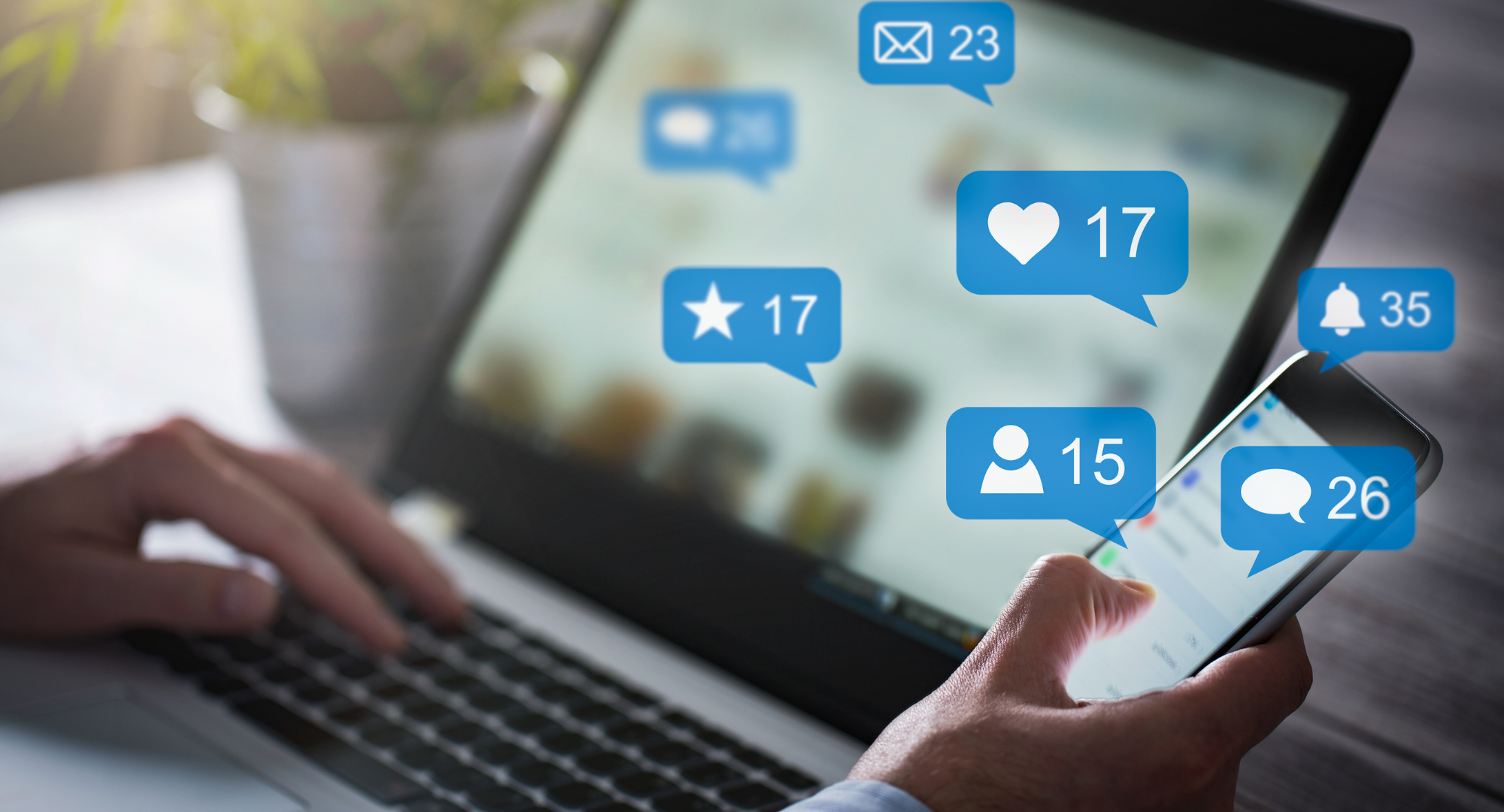How to Leverage Events to Capture Leads and Convert them into Customers
Are you looking to grow your business? Consider making use of events as part of your lead generation strategy. Whether online conferences, trade shows, or webinars, events offer a valuable opportunity to connect with people you can convert into customers.
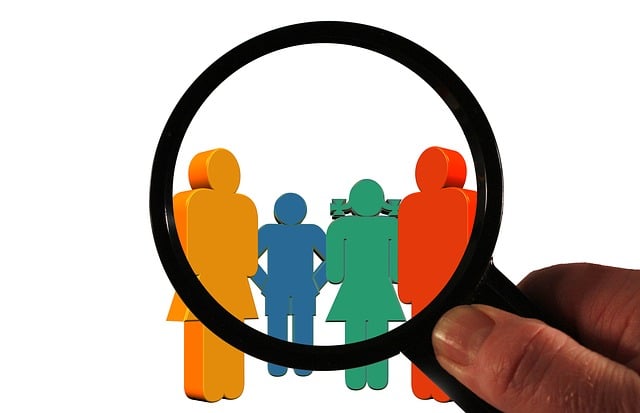
In this article, you’ll learn different event lead generation tips for your offline or online business But first:
What Is Event Lead Generation?
Event lead generation involves connecting with potential customers through events and converting them into paying clients. The process is simple: You draw attendees to your booth, presentation, or activity and collate their contact details, including their email address, for further follow-up and conversion into customers.
5 Types of Events for Enhanced Lead Generation
Before we discuss how you can leverage events for lead generation, here are five types of events you should know about:
1. Networking Events
Networking events are gatherings that bring together professionals from various industries. These events help attendees gain valuable insights and foster meaningful connections. Networking events can take different forms, either in-person or virtually. They typically offer a range of activities, such as speed networking, panel discussions, and social mixers.
2. Workshops and Seminars
Workshops and seminars are educational events that help participants learn new skills and expand their knowledge base through presentations and interactive activities. Attending these events is a great way to benefit from the expertise of industry leaders, engage with peers, and gain practical tools and strategies to apply in one’s field.
3. Product Demonstrations or Launch Parties
Product demonstrations and launch parties are events companies use to promote their new products. Product demonstrations are events focused on showing the features and benefits of the product firsthand. On the other hand, product launch parties are celebratory events that introduce a new product or service to the market.
These parties often include music, food, and entertainment to create excitement and generate buzz around the latest offering. You may persuade industry experts, customers, and prospects to attend the event by providing exclusive previews, demos, and special offers.
4. Webinars
Webinars are online seminars that businesses use to connect with a wider audience in a virtual setting. They feature a presentation by a host or expert, interactive elements, and real-time Q&A.
This type of event is a cost-effective way to educate audiences, showcase products or services, and establish thought leadership in a particular industry.
5. Trade Shows
Trade shows are industry events where companies showcase their offerings to possible clients, partners, and investors. These events draw thousands to exhibition centers. They help in networking and in raising brand recognition.
Each event has distinct lead-generating benefits. Therefore, you should evaluate your target demographic, marketing objectives, and budget before investing in one or all of these events.
Top 5 Event Lead Generation Tips
Now, how exactly can you leverage events for lead generation? Here are some tips to follow:
1. Create Compelling Event Content
Your event content needs to be compelling if you want potential customers to sign up, stick around and eventually want to buy from you. Creating compelling content for an event requires understanding your audience and setting clear event goals. You can understand your audience by sending them surveys and looking at your site and social media analytics beforehand.
To set goals, all you need to do is ask yourself what you want your event to achieve. Apart from generating leads, do you want to sell your newest products? Maybe you want to promote your newest advocacy? You can then structure your event content depending on what you find. Just develop a theme or concept that ties all your content together.
Some generative AI tools, such as Writer, offer AI templates that can serve as a guide for developing this type of content. These templates will ensure consistency and effectiveness in communication, saving you time and effort in content creation as part of event planning.

To keep attendees engaged, use a variety of relevant content formats such as presentations, videos, infographics, interactive workshops, panel discussions, and live demonstrations as well.
Lastly, incorporating storytelling into your educational content can make it more relatable and memorable. You can share real-life examples, case studies, and testimonials that can also serve as social proof for your brand.
2. Leverage Social Media
To create excitement among potential attendees and increase the chances of event attendance, leverage social media platforms. Develop a unique and memorable hashtag for your event. Then encourage speakers, sponsors, and event hosts to use it in their social media posts.
In these posts, they can share teasers, sneak peeks, and behind-the-scenes (see below) of what attendees can expect. With this strategy, they can persuade people to register or attend.

You can also run paid social media campaigns to ensure better audience targeting. Furthermore, engaging with potential attendees on social media by responding to comments, retweeting their posts, and asking questions fosters a sense of community that can encourage registration and event attendance.
You may also cooperate with influencers to help spread the word about your event. You can hire a good PR agency for this. A good PR agency doesn’t just have the capacity to help you organize events. It can also help you identify and connect with relevant influencers in your industry to enhance your event marketing. Just choose a PR agency that specializes in your niche for the best results.
For instance, if you sell beverages, then you should look for a good drinks PR agency. If you’re a manufacturing company, look for a manufacturing PR agency with contacts in that industry. Provide live coverage of the event yourself, of course, by posting updates, photos, and videos in real-time. Share highlights from sessions, interviews with speakers, and attendee reactions to give people a sense of what it's like to be there.
3. Offer Early Bird Discounts or Other Incentives
Providing early bird discounts or other incentives is an excellent way to encourage early sign-ups for your event and attendance. You can offer a percentage discount on ticket prices, a gift or upgrade for early registrants, or exclusive content. However, ensure you set a deadline for what you’re offering to create a sense of urgency and FOMO (fear of missing out). This will drive your attendees to take your desired action quickly.
Also, personalize your communication to different segments of your target audience. For instance, you might want to offer special, exclusive content for specific demographics or provide different discounts for first-time attendees and returning clients.
Here’s an example. The event below offers different discounts depending on how long attendees plan to stay:

Finally, promote your discounts or other incentives using multiple channels, including email, your website, and other relevant platforms. Highlight the advantages and benefits of availing of them. For instance, why not emphasize what potential attendees could save if they avail of the early bird discount? Or highlight the fact that your special gift in exchange for event registration or attendance is offered to only a select few.
4. Run Paid Advertising Campaigns (Outside Social Media)
Running paid advertising campaigns outside of social media can significantly increase your event’s visibility, drawing the attention of potential customers. When selecting advertising platforms, pick those that align with your target audience and campaign goals. Popular options for event promotion include Google Ads and event listing websites.
Don’t forget to determine your advertising budget based on your goals and the expected return on investment (ROI). Decide the appropriate bidding strategy for your campaign objectives, whether it's cost per click (CPC), cost per thousand impressions (CPM), or cost per acquisition (CPA).
Before creating your ad content, define the demographics, interests, and behaviors of your ideal event attendees. This information will help you create targeted ads that resonate with your audience and drive higher engagement and conversions.
Finally, ensure you develop eye-catching ad creatives that grab attention and communicate the value of your event. Use high-quality images or videos, compelling copy, and clear calls-to-action (CTAs) to encourage viewers to take action, such as registering for the event.
5. Follow up and Nurture Leads
After hosting an event, it is crucial to nurture leads to convert them into loyal customers. Therefore, immediately after the event, send personalized thank-you emails to all attendees. These follow-up emails should express gratitude for their participation, summarize the key takeaways from the event, and include additional resources.
Customize your overall follow-up communications based on the information you collected about each lead during the event. Referencing interests they showed during the program will serve as proof to them that you value their individual needs and preferences. That can help boost your chances they’ll buy from you.
So, for leads who expressed a strong interest during the event, you might want to arrange follow-up calls or meetings to answer their specific questions. You might also want to provide personalized solutions or proposals as part of your email marketing efforts, for example. As a final tip, to get the most out of your event, gather feedback from your leads about their experiences post - event. Send an email like the one below:

You can use this feedback to improve future events for lead generation.
Conclusion
You’re missing out on leads—and customers—if you’re not leveraging successful events for lead generation. You can use various types of events—networking events, workshops, product demonstrations, webinars, and trade shows—to attract potential customers.
For the best results, just implement the event lead generation tips in this article. Create compelling content, leverage social media, offer early bird discounts and other incentives, and run paid advertising campaigns outside of social media. Don’t forget to follow up on your leads to boost your chances of turning them into paying customers. With these effective event lead generation tips, you can ultimately grow your business.




